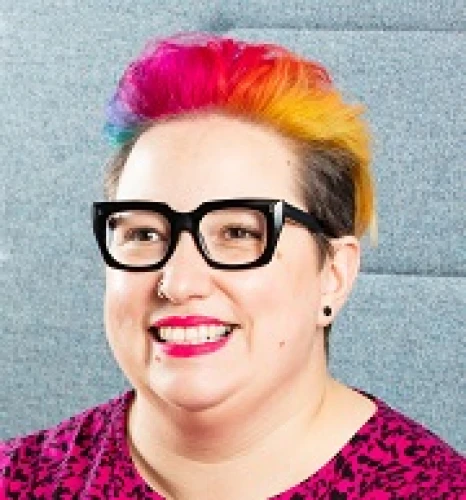What business qualifications are available to a company?
HOME / / What business qualifications are available to a company?
What business qualifications are available?
Business qualifications are by no means essential for starting up your own business, but some people find they really help. There are lots of different options out there, ranging from university degrees to hour-long seminars. This guide introduces the most common, popular qualifications available to help you decide whether a business qualification is right for your company:
The MBA
The MBA - Masters in Business Administration - is the most widely recognised business qualification worldwide. It's typically aimed at people who've had three or more years of experience working in business. It's a good way to get a broad understanding of all aspects of management but requires hard work. You can study full or part-time, or in your spare time with someone such as OpenUniversity. Tuition cost varies widely - anything from £5,000 to £31,000 per year and the course usually takes a year full-time.
If you've had three or more years experience working in business
If you're looking to cover all aspects of business management
Though an MBA is hard work and can be costly, an MBA is useful for advancing managerial skills.
Alternatives to the MBA
If you want a qualification that's on a par with the MBA, there are other forms of business masters. Look for institutions offering courses such as an MSc in Business Management or MSc in entrepreneurship. Like the MBA, these qualifications will be hardwork and costly, and you usually need prior experience in business. But, the upside of studying a degree, is that as a business owner - you gain in-depth, advanced knowledge of business.
Try an MSc in a business-related area
Hard work and costly but very good for advancing business skills
Short courses
There are lots of short courses on offer for more specialised areas that you want to improve on or if you can't commit to a masters - accounting, business admin or bookkeeping, for example. You may also find 'Introduction to business' courses, if you need a general but more basic covering.
Reasons to consider a short course:
Short courses specialise in covering a wide range of topics
Short Courses are good for covering specialist topics - if there's a particular area you need more experience with
Good if you can't commit to a masters
Finding a course
Take a look at www.hotcourses.com for business courses held near you, or check out www.learndirect.co.uk or the Open University for self-study courses. Call the government'scareers advice line on 0800 100 900 if you need help deciding which course - if any - is right for you. Or, if you're considering an MBA, take a look at the site www.mbaworld.com to read up and explore different institutions.
Take a look at our success stories from businesses we've helped thrive across the UK for further business inspiration.

"We’re delighted to be the 2000th loan recipients!"
